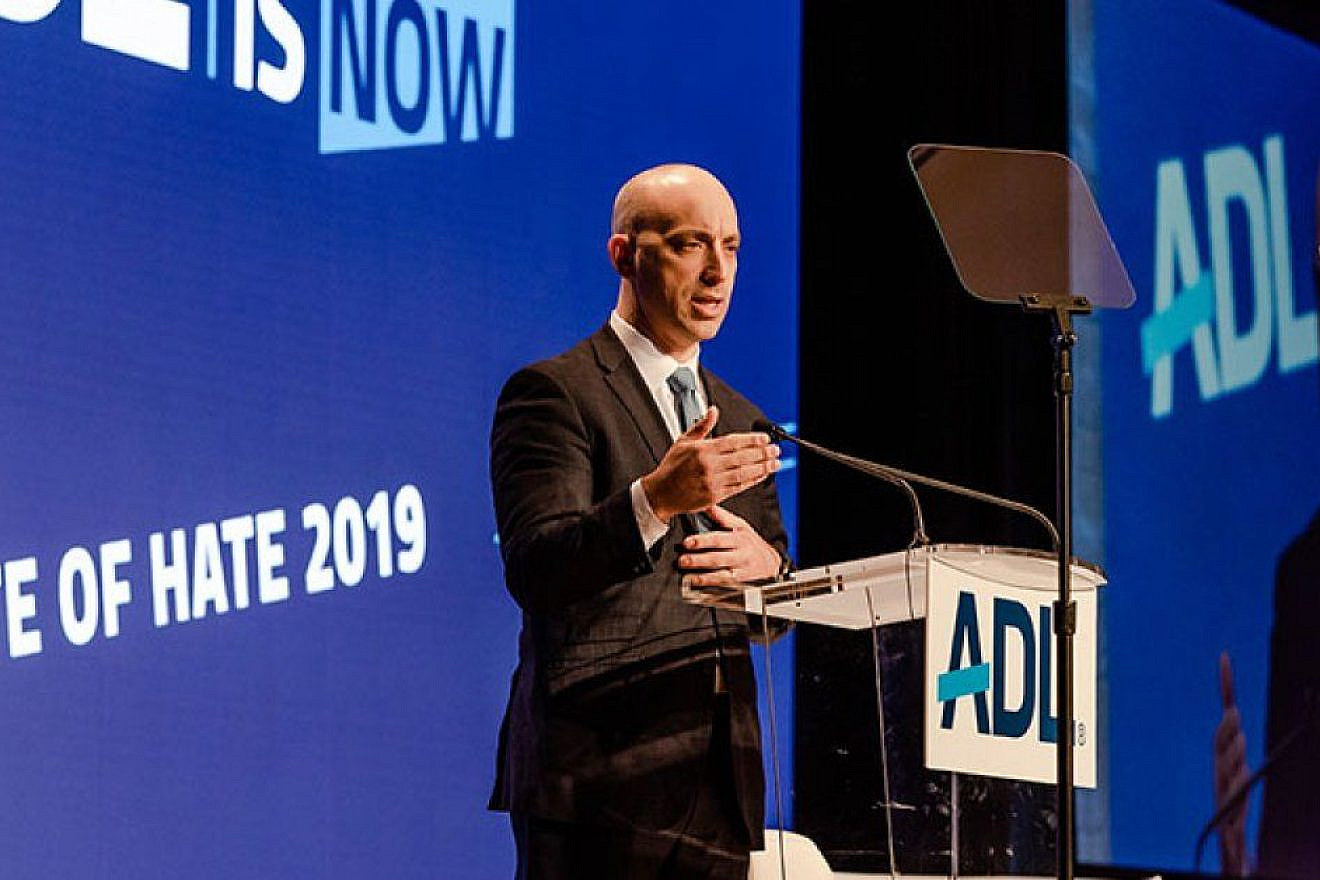There could hardly be a timelier book than Betrayal: The Failure of American Jewish Leadership. Though antisemitism springs eternal, it has sprung up with particular force in recent years, especially in the United States.
As editors Charles Jacobs and Avi Goldwasser put it, “American Jewry is under siege, ideologically and physically. In the media, on college campuses, in the streets of major cities, even in high schools and in Congress, Jews and the Jewish state are smeared, hated and attacked. Celebrities spew anti-Jewish ravings … to tens of millions of followers. This is a new time for Jews in America.”
With this assault on American Jews came the debates about how to handle it. Some prefer to ignore it, keep their heads down, not cause trouble and hope it will go away. Some try to handle it discreetly, behind the scenes, by forging alliances and reasoning with reasonable people. Some double down on their Jewish identity and go on the offensive. Some, alas, disavow their Jewish identity and “convert” by joining the enemy.
One thing, however, as the book demonstrates throughout, seems crystal clear: The major establishment Jewish organizations—the American Jewish Committee, the Conference of Presidents, the Union for Reform Judaism, Jewish Community Relations Councils, regional Federations, the Jewish Council for Public Affairs (JCPA) and most of all the Anti-Defamation League (ADL)—have failed to respond effectively to the eruption of Jew-hatred.
In fact, as more than one of the book’s essays argues, it’s even worse than that: These organizations, for the most part, have joined the enemy. They have done so by adopting and disseminating progressive ideologies that are hostile to Jews and the Jewish state. This in turn has led them into alliances with groups that are openly opposed to and working towards the destruction of the Jewish state and its supporters—that is, the vast majority of American Jews.
The editors of Betrayal have collected an impressive array of contributors, such as Alan Dershowitz, Jonathan Tobin, Caroline Glick, Morton Klein, Thane Rosenbaum and Richard Landes. The essays themselves vary: Some examine specific incidents in specific locations, such as Boston, Durham and Fairfax. Others examine specific organizations, with the greatest attention paid to the ADL; specific domains like campuses, Jewish day schools, “ethnic studies” in California and now Massachusetts; and specific antagonists like Black Lives Matter organizations, the Nation of Islam, antisemitic Muslims and the BDS movement.
A few of the essays, such as the brilliant piece by scholar Richard Landes, provide theoretical analyses of the Western progressive mindset that has convinced many, including Jewish leaders, that they are pursuing moral virtue while, in fact, they are siding with genocidal enemies of the Jews.
A key theme in the book is the role that progressivism and universalism play in undermining the Jewish response to antisemitism. Progressivism includes a set of beliefs and initiatives now dominant in American social, political and intellectual circles, such as “social justice,” “anti-racism,” “Critical Race Theory,” “wokeness” and so on.
These ideologies portray Jews and the Jewish state as white supremacist oppressors who persecute people of color, including the Palestinians. To those captured by such views, an American Jew who supports Israel is equivalent to a KKK member.
Even worse, this engenders a hatred of Israel and Jews that sees antisemitism as a necessary part of pursuing social justice. Thus, anti-Jewish racism is promoted in the name of “anti-racism.” Anyone who resists any aspect of progressivism, including antisemitism, is branded a “racist” and instantly “cancelled.”
Worst of all, the major American Jewish organizations have gone all in on the progressive agenda. At best, this had led them to devote enormous resources to causes other than the fight for Jewish rights that is supposed to be the reason they exist. At worst, these organizations have ended up enabling and empowering those deeply committed to destroying the Jewish state and harming its supporters.
On the issue of universalism, the book makes clear that many American Jews have traded in their Jewish particularism for a universalist ideology ostensibly dedicated to fighting for human rights.
Of course, no decent Jew, or decent person, is against such rights. But perhaps a Jewish proponent of human rights should commit themselves to both Jewishness and human rights, rather than replace the former with the latter.
Instead, we find many Jews who embrace a deracinated version of tikkun olam that constitutes the entirety of their Jewish identity. From there, it’s a short step to saying, “As a Jew I must fight for Palestinian rights and destroy the Jewish state.” These Jews are somehow blind to the possibility that “as a Jew,” one can also fight for Jewish rights.
So, for example, when Jewish organizations make BLM groups their primary beneficiaries—even though these groups are openly anti-Zionist and ostracize Jews who support Israel—Jewish organizations are essentially replacing their original mission of fighting for the Jews with the “universalist” mission of fighting against the Jews.
Is it any wonder that these Jewish organizations have failed to stem the tide of antisemitism and are, in fact, fueling it?
For me, the most interesting essay in the book—because I was least familiar with its arguments—is by M. Zuhdi Jasser, the founder and president of the American Islamic Forum for Democracy and co-founder of the Muslim Reform Movement.
Jasser carefully distinguishes between moderate Islam and political Islamism, and demonstrates the fundamentally antisemitic nature of the latter. To do so, he goes back to the earliest days of Islam and illustrates how some of the religion’s darker aspects flourish in contemporary Islamist movements.
Most importantly, Jasser argues that some of the most significant obstacles to fighting Islamism today come from Jews themselves, mainly the commitment to progressivism, however antisemitic that progressivism might be.
As a result, Jews actively empower radical Islamists. They do nothing in response to Muslim communities that endorse, as Jasser puts it, “a different set of … standards than those embodied in the Universal Declaration of Human Rights.” Thus, in the name of progressivism, Jews empower those who reject progressivism and, at worst, those who seek to destroy the Jews.
Of course, if one said this in polite society one would be instantly branded an Islamophobe. Thus, the Jew who protests Islamist Jew-hatred becomes the bigot and the Jew-hater an innocent victim.
So, given all this, what are we to do?
Happily, several of the contributors to Betrayal offer concrete suggestions. Unhappily, however, they also point out that the problem may be far deeper than it initially appears. In fact, the problem may be American Jews themselves and American Jewish identity in general.
If American Jews have largely rejected Jewish particularism for universalism, if they really believe that being Jewish amounts to no more than fighting for everyone except the Jews, then they have the leaders they deserve. If this is so, no major American Jewish organization is going to devote itself to fighting for the Jews, no matter what.
We are clearly at a crossroads. The fertile, prosperous experience of the goldene medina has produced a comfortable, complacent and most of all assimilated Jewry. To fight antisemitism, then, a revolution in American Jewish consciousness may be necessary. If, that is, the train has not already left the station.

























